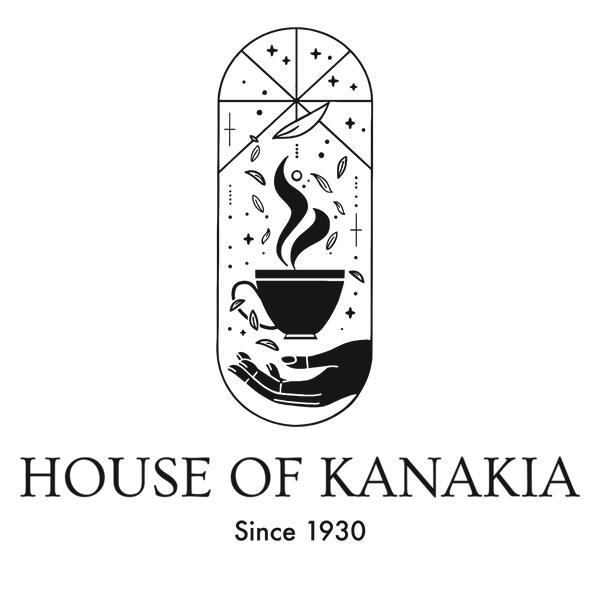India’s love affair with tea is timeless. Beyond being the world’s second-largest tea producer, India has made tea an intrinsic part of its daily life, traditions, and cultural identity. From bustling chai stalls on street corners to family gatherings in the comfort of home, tea is a symbol of connection, comfort, and conversation.
A Colonial Import with Indian Roots
Tea’s history in India dates back to the 19th century when the British East India Company began cultivating tea in Assam to reduce their reliance on Chinese imports. Initially, it was a drink for the elite, but over time, tea plantations spread across Darjeeling, Assam, and Nilgiri, making tea more accessible to the masses. Today, India’s tea gardens are renowned globally for their rich flavors and unparalleled quality.
Chai: The Heartbeat of India
Chai, India’s spiced tea blend, is a cultural icon. It blends black tea with milk, sugar, and spices like cardamom, ginger, cinnamon, and cloves, creating a brew that is as aromatic as it is flavorful. Whether it’s the roadside chaiwala offering a steaming cup or the luxurious masala chai served in fine teacups, chai has transcended socioeconomic boundaries to unite Indians across the spectrum.
The Role of Tea in Social Bonding
Tea is more than a beverage; it’s a bridge for relationships. Inviting someone for tea is an act of hospitality, a way to initiate conversations, or simply an excuse to unwind. In Indian households, tea is often the first offering to guests, embodying warmth and welcome.
Rituals and Traditions
Tea has found a place in festivals, rituals, and ceremonies. Whether it’s the morning cup of chai that starts the day or the tea breaks that punctuate long work hours, tea rituals have become embedded in the Indian way of life. In some regions, special blends like Kashmiri Kahwa add a ceremonial touch to festive occasions.
Tea and Indian Health Practices
Ayurveda, India’s ancient system of medicine, emphasizes the healing properties of tea. Herbal infusions with tulsi, ginger, turmeric, and mulethi (licorice root) have long been used to boost immunity, soothe the throat, and promote digestion. This health-conscious approach has further solidified tea’s role in Indian households.
Modern Tea Culture
While traditional chai remains a favorite, India’s tea culture is evolving. Gourmet teas, artisanal blends, and wellness infusions are gaining popularity among younger generations. Brands like House of Kanakia are redefining tea with curated blends that celebrate heritage while embracing innovation.
The Global Influence of Indian Tea
India’s tea exports are celebrated worldwide. Iconic varieties like Assam, Darjeeling, and Nilgiri teas have a dedicated following, contributing to India’s reputation as a tea powerhouse. These teas not only carry the essence of Indian soil but also tell the story of centuries-old craftsmanship.
A Cup of Culture, Tradition, and Connection
Tea is not just India’s favorite beverage; it’s a symbol of its diverse culture, deep-rooted traditions, and the warmth of its people. Each cup tells a story of heritage, hospitality, and harmony, making tea an integral part of the Indian experience.
As the House of Kanakia continues its 90-year legacy, every blend celebrates the rich history of tea in India, offering you more than just a beverage—a taste of tradition.
